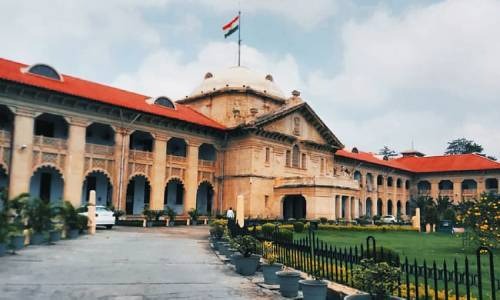
Case Title: Kanta v. State of U.P.
The Allahabad High Court observed that “Merely because the witnesses are family members their evidence cannot per se be discarded. When there is an allegation of interestedness, the same has to be established...It is more often than not that a relation would not conceal the actual culprit and make allegations against an innocent person. Foundation has to be laid if plea of false implication is made. There is no bar in law on examining family members as witness. Evidence of a related witness can be relied upon provided it is trustworthy..”
It was explained by the Court that a witness is normally to be considered independent unless he or she springs from sources which are likely to be tainted and that usually means the witness has a reason, such as enmity against the accused, to wish to implicate him falsely. Ordinarily a close relative would be the last to screen the real culprit and falsely implicate an innocent person. It is often the case that the offence is witnessed by a close relative of the victim, whose presence on the scene of the offence would be natural. The evidence of such a witness cannot automatically be discarded by labelling the witness as interested. It is worthy to note that there is a distinction between a witness who is related and an interested witness. A relative is a natural witness.
It further referred to a judgment passed by the Apex Court in Kartik Malhar V. State of Bihar, wherein it was held that a close relative who is a natural witness cannot be regarded as an interested witness, for the term “interested” postulates that the witness must have some interest in having the accused, somehow or the other, convicted for some animus or for some other reason.
Further reliance was placed upon Khurshid Ahmed V. State of Jammu and Kashmir wherein it was observed that:-
“There is no proposition in law that relatives are to be treated as untruthful witnesses. On the contrary, reason has to be shown when a plea of partiality is raised to show that the witnesses had reason to shield actual culprit and falsely implicate the accused.”
The same principle was reiterated in a recent judgement rendered in Surinder Kumar V. State of Punjab, that merely because the prosecution has not examined any independent witness, same would not necessarily lead to the conclusion that the appellant has been falsely implicated.
In light of these observations, the Court rejected the application.

